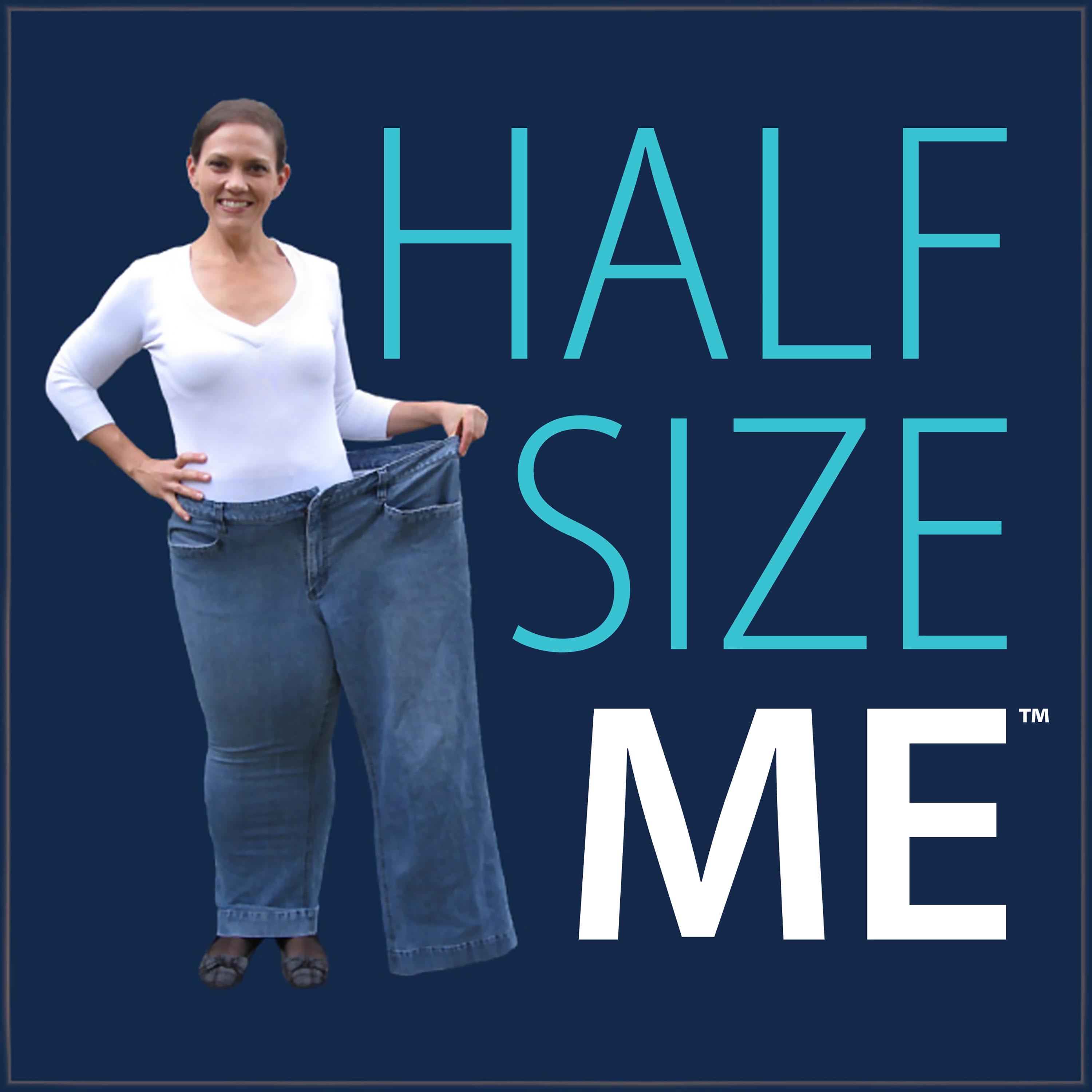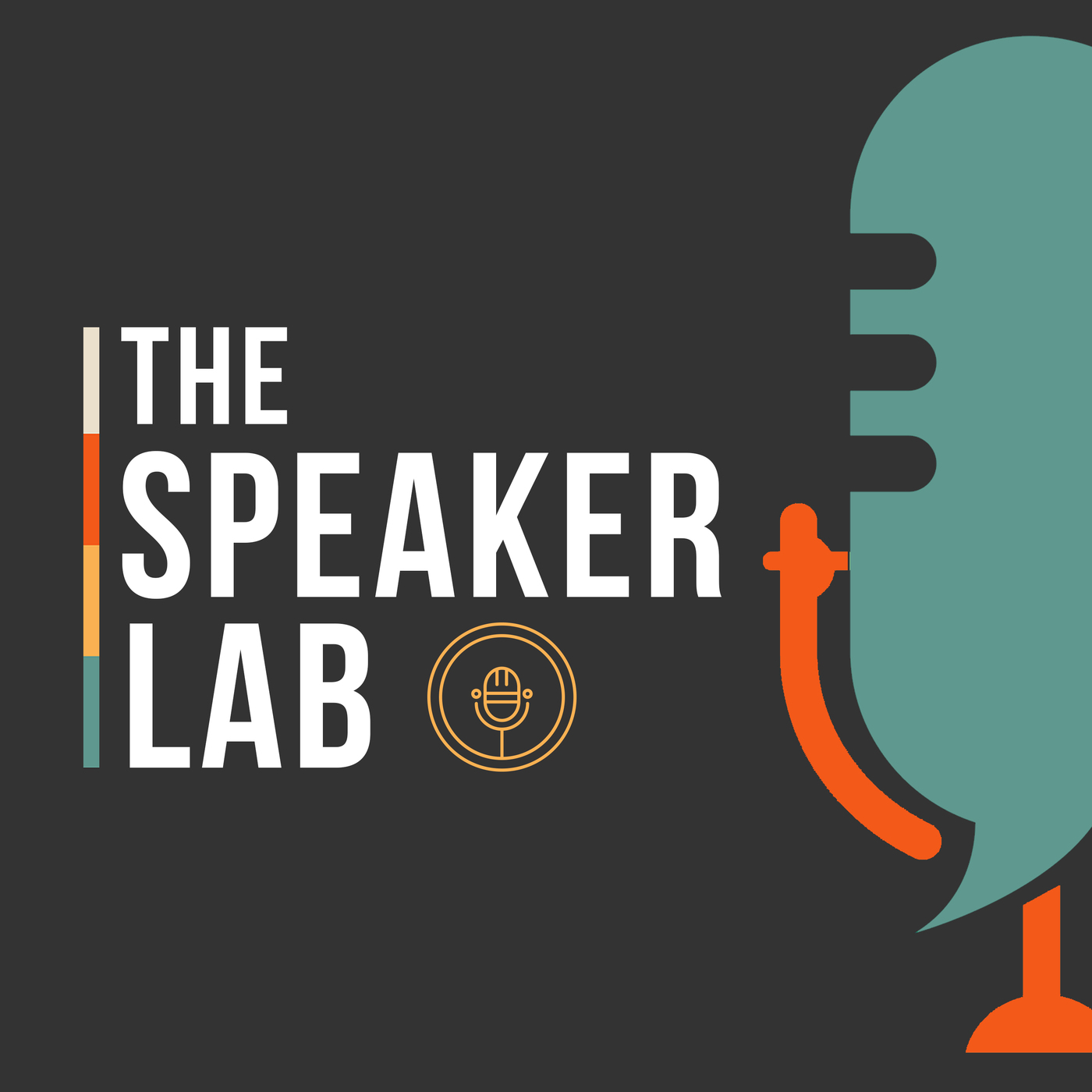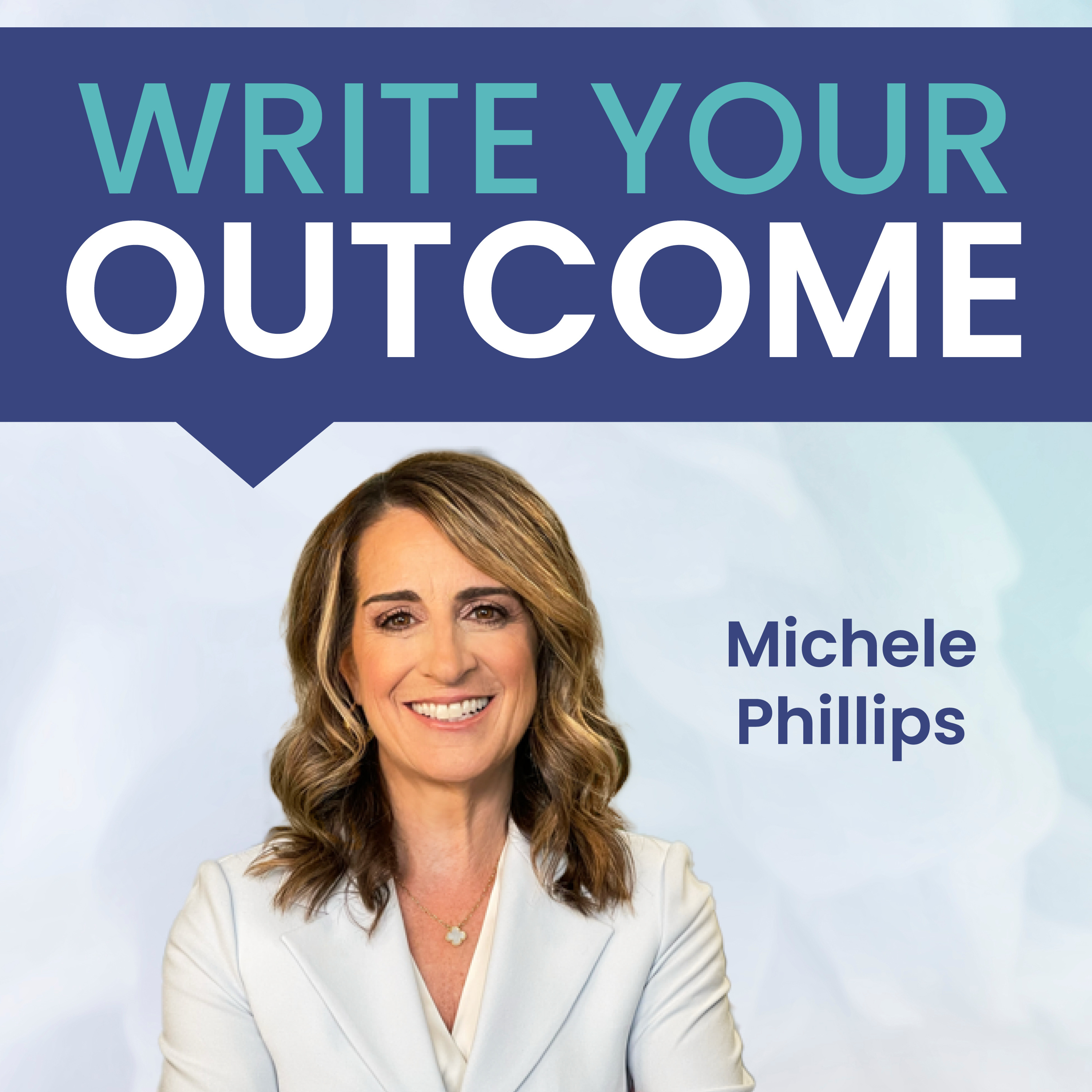
Delay the Binge™ with Pam Dwyer
Formerly The Plus One Theory Podcast, this show has evolved into Delay the Binge™, where we explore the small, powerful shifts that help you pause with purpose, break painful patterns, and reclaim who you are.
Delay the Binge™ with Pam Dwyer
Episode 11 | Let’s Get Real: The Awkward, Messy Magic of Being Vulnerable
Let us know if you would like to be our guest!
Vulnerability feels risky. It feels awkward. Sometimes, it feels impossible. But it’s also where the magic happens.
In this episode, I share a deeply personal story about one Christmas where fear of vulnerability left me trapped between wanting to protect my peace and not wanting to disappoint my family. We dive into:
💔 Why being vulnerable with family is often the hardest
💡 How avoiding vulnerability creates more pain than the truth ever could
📊 What research (and real life) says about vulnerability in relationships and the workplace
✨ How to set boundaries without drowning in guilt
❤️ The “Plus One” approach to embracing vulnerability in small, manageable steps
If you’ve ever bailed on family plans out of fear, dodged hard conversations, or felt stuck between pleasing others and protecting your peace—this one’s for you.
💡 And don’t forget—next week’s episode features special guest Charles Coulter, a faith-based marriage counselor, who will share his insights on communication, healing, and how vulnerability strengthens relationships.
#ThePlusOneTheory #Vulnerability #BreneBrown #FamilyDynamics #SettingBoundaries #EmotionalGrowth #PodcastEpisode #BeReal #CharlesCoulter
This is Delay the Binge™, formerly The Plus One Theory Podcast
Delay the Binge™ is a trademark of TPKK Concepts LLC.
© 2025 Pam Dwyer. All rights reserved.
Learn more: DelayTheBinge.com
Storytelling that transforms. Healing that lasts.
From bestselling author Pam Dwyer (PJ Hamilton).
Books + speaking: PamDwyer.com
Hey, it's Pam. I'm so glad you're here today with me, so stay tuned. We have a great show for you. Welcome to the Plus One Theory podcast, the show where we dive deep into how the smallest intentional actions can lead to the biggest transformations in your life. So what exactly is the plus one theory? It's simple. It's about doing your very best and then adding just one more intentional step. It's not about working harder or piling more onto your already full plate. It's about shifting your mindset, being a little more intentional, a little more kind, a little more present, especially when it feels impossible. That tiny plus one is what moves the needle in your life, whether you're navigating relationships, work, health or just your own inner battles. Think of it this way when you're about to quit, the plus one theory asks what's one more thing you can do when life feels heavy, it asks what's one small act of kindness you can give or receive. And when you feel stuck, it's the gentle push that says take one more step forward. This podcast is all about helping you find that next step through real stories, expert insights and honest conversations about the messy, beautiful and challenging moments in life, because real growth doesn't happen all at once. It happens, one intentional choice at a time. So if you're ready to stop living on autopilot and start building a life filled with purpose, kindness and resilience, you're in the right place.
Speaker 1:Welcome back to the Plus One Theory podcast. I'm your host, pam Dwyer, and today we're going to talk about the awkward, messy magic of being vulnerable. Let's talk about something that makes us squirm a little Vulnerability. Yeah, I know, it's that word that instantly makes you want to look at your phone or pretend you're super busy. But here's the thing at your phone, or pretend you're super busy, but here's the thing. Vulnerability isn't some deep philosophical concept meant only for TED Talks and self-help books. It's what happens when your brain says this could get weird and your heart says but it could be amazing too. We're diving into the awkward, messy, sometimes cringy but totally life-changing world of vulnerability. Spoiler alert it's not about crying in public, though, if you do, no shame. It's about being real, taking risks and sometimes accidentally oversharing in a Zoom meeting. So why does vulnerability freak us out? Because it feels like standing naked in a room full of strangers and yelling please, like me. But according to Dr Brene Brown, the queen of all things, vulnerability, it's actually the foundation of connection, creativity and joy. She says vulnerability is the birthplace of love, belonging, joy, courage, empathy and creativity. So basically all the good stuff. Here's a fun fact Studies from 2025 show that companies that encourage vulnerability in leadership see a 34% boost in employee engagement and a 22% drop in burnout.
Speaker 1:Vulnerability isn't always about grand gestures or life-changing confessions. Sometimes it's about the little moments, the decisions we make out of fear, shame or the deep desire to protect ourselves. And let me tell you there was a time when I learned this lesson the hard way, right around Christmas, the most wonderful time of the year, or so they say. It was Christmas and I was a single mom, completely broke, mentally drained and, honestly, still shattered from my divorce, my self-esteem Non-existent. I was running on fumes, trying to hold everything together for my son, who was my only light at the time. I wanted him to have the best memories, even if I was falling apart behind the scenes.
Speaker 1:Then came the family Christmas dilemma, the one that always left me anxious and emotionally wrecked. You see, the family I grew up with, let's just say it was complicated. We're talking alcoholics with unpredictable moods, chain smokers who didn't care if secondhand smoke was bothering anyone, and people who, knowingly or unknowingly, played big roles in my trauma growing up. Being around them brought out the absolute worst in me. I wasn't myself. I'd morph into this emotionally guarded version of me, constantly tense, walking on eggshells and masking every bit of pain just to survive the day.
Speaker 1:But here's the thing. Every year I'd tell myself this time will be different. I'd plan to go to show up for the family, to give my son that big family Christmas memory. And then the day would come and I would freeze the thought of walking into that house exposing my son to the same toxic dynamics. That broke me, made me physically sick. But instead of being upfront about how I felt, instead of setting boundaries or even just saying I'm not coming this year, I'd bail out at the last second. I'd call up with some excuse car trouble, my son wasn't feeling well, you name it and of course this only made things worse.
Speaker 1:I gained this reputation in my family as the one who never followed through. Pam says she'll come, but she won't show. And honestly, they weren't wrong. But here's what I didn't understand back then. It wasn't about flakiness, it was about fear. I was terrified of being vulnerable enough to tell the truth. I can't do this. It's too much for me. It hurts. I was scared of their judgment, their disappointment and, most of all, the conflict it would bring. Because my family well, they didn't do vulnerability, they did guilt, blame and get over it. So I avoided it, I avoided them and in doing so I avoided my own healing.
Speaker 1:So family brings out a unique kind of vulnerability right. It's layered with years of history, expectations and unspoken rules. And the hardest part we often fear being vulnerable with the people who caused our pain the most. It's this weird twisted thing we want their love and approval, but we also know they're the ones who've hurt us the deepest. Dr Brene Brown talks about this a lot in her book Daring Greatly. She says vulnerability sounds like truth and feels like courage. There is a ripple effect that I'm always talking about of avoiding vulnerability. Here's the thing Avoiding vulnerability doesn't just hurt you, it impacts everyone around you.
Speaker 1:In my case, it left my family feeling rejected and confused and it created distance where there could have been understanding. And, most importantly, it robbed me of my own peace. Every Christmas felt like this emotional battlefield. I was trying to avoid, avoid, but never truly escaped, and it wasn't until years later, after a lot of therapy and a lot of journaling, that I realized I wasn't the villain in my family's story. I was just someone trying to survive.
Speaker 1:But here's the plot twist you can't heal what you refuse to face. Let me say that one more time you can't heal what you refuse to face. And the only way I could start healing from all of that brokenness was by finally being honest, not just with my family, but with myself. So this is how I finally broke the cycle. It didn't happen overnight, but eventually I stopped making excuses. I stopped the last minute cancellations and started setting clear, honest boundaries. Sometimes that meant saying, hey, we're doing our own Christmas this year, but I hope you all have a great time. Other times it meant going, but on my terms Shorter visits, staying in a hotel instead of someone's house, making sure I had an exit plan if things got messy. Was it uncomfortable? Oh yeah, did it feel like a betrayal at times? Definitely, but slowly, the anxiety faded, the guilt faded and I realized that being vulnerable truly vulnerable wasn't about making others comfortable. It was about protecting my peace while still showing up in a way that felt authentic. So let's take the plus one approach small steps towards big change.
Speaker 1:Vulnerability doesn't have to be a grand declaration. It can be a text message saying, hey, I'm feeling overwhelmed today and can't make it. It can be sitting across from someone and saying that hurt me, even when your voice shakes. It's about choosing honesty one tiny moment at a time. In the end, vulnerability isn't about winning people over. It's about getting real with yourself first, and when you do that, you give others permission to do the same. So how to be vulnerable without oversharing or making it weird? Let's be clear Vulnerability isn't about dumping your deepest secrets on your Uber driver. It's about small, intentional moments where you let people in, even if it feels uncomfortable.
Speaker 1:You start small. Share something slightly personal in safe spaces. An example would be I totally bombed that presentation, but I learned from it. Ask what you need. If you're having a bad day, say it. I'm struggling today. Mind if we circle back tomorrow. Normalize honest feedback. Leaders. This is for you. If you don't know the answer, say it. It builds trust faster than pretending you do.
Speaker 1:Here's a pro tip Vulnerability is a two-way street. The more open you are, the more people feel safe being real with you, and I have experienced this firsthand. But post-2024, people want realness. Vulnerability in the workplace it's not just for group therapy. Workplaces used to be all about buttoned-up professionalism Suit up, smile, don't show emotion. But post-2024, people want realness. Employees and companies that foster open communication and vulnerability report that 25% higher job satisfaction and stronger team cohesion. The best leaders aren't the ones who pretend they have it all figured out. They're the ones who say I don't have all the answers, but let's figure it out together. That's where loyalty and trust happen.
Speaker 1:All right, I'm going to share four quick tips to get comfortable being uncomfortable. Number one embrace the awkward pause, that moment of silence after you say something vulnerable, totally normal, people are just processing. Number two laugh at yourself. Vulnerability gets easier when you don't take yourself so seriously. Number three use humor as a bridge, not a shield. Humor can connect, but don't use it to hide your real feelings. And number four ask deeper questions Instead of how are you? Try what's been the highlight of your week. It invites more meaningful conversation.
Speaker 1:Vulnerability isn't about being soft or fragile. It's about being bold enough to show the real you, imperfections and all. It's what takes relationships from surface level to soul deep. And yeah, it feels weird sometimes. But you know what feels even weirder Living your whole life behind a mask. So go on out there, take a small risk, share something real and if it gets awkward, laugh it off, because that's just life. And if you've ever found yourself avoiding family events, ghosting friends or making up excuses because you just can't deal, you're not alone. But here's your permission slip you don't owe anyone your peace of mind. You can choose your mental health over the holiday expectations. You can be honest even if it ruffles feathers, and you can walk away from situations that steal your energy without drowning in guilt. Vulnerability isn't about pleasing others. It's about being brave enough to please yourself.
Speaker 1:I am beyond excited for our next episode because we'll be joined by Charles Coulter, a marriage counselor, relationship expert and faith-based advisor. We'll dive into the power of healthy communication, the role of faith in healing and how vulnerability plays a crucial part in building strong, lasting relationships. It's going to be an incredible conversation with so many takeaways for couples, families and anyone working on themselves. So make sure you're subscribed and tune in next week. You don't want to miss this one. If you've enjoyed today's episode, hit that subscribe button, leave a review or share it with someone who could use a little nudge to let their guard down. Want to dive deeper into this topic. Grab Daring Greatly by Dr Brene Brown, because she's basically the Oprah of vulnerability. Sign up for updates, events and beyond the scenes podcast moments at pamedwirespeakercom. And remember your past doesn't define you, it prepares you.
Podcasts we love
Check out these other fine podcasts recommended by us, not an algorithm.

Unleashed
Hussein Hallak
Novel Marketing
Thomas Umstattd Jr.
Author Update
Thomas Umstattd Jr.
The Mel Robbins Podcast
Mel Robbins
Half Size Me
Heather A. Robertson
Delay the Binge™ with Pam Dwyer
Pam Dwyer
Brain over Binge Podcast
Kathryn Hansen
Finish the Damn Book Podcast
Susie Schaefer
The Speaker Lab Podcast
Grant Baldwin
Liberator
Susan Neal
The Creative Penn Podcast For Writers
Joanna Penn
Write Your Outcome
Michele Phillips
